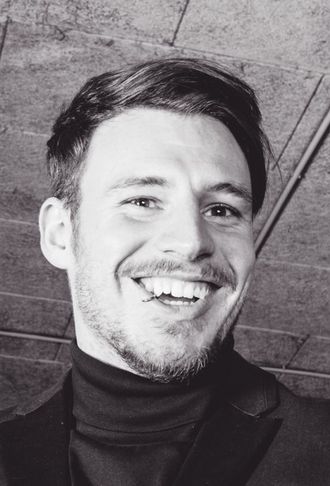{{ item.AUTOREN_ZITAT }}:
{{ item.TITEL }}{{ zitatInLang(item) }}

In the "Cellular Pharmacology" working group, we are particularly focusing on the two-pore ion channels TPC1 and TPC2. These Ca2+ permeable ion channels play an important role in immune cells. Crucial information for diseases such as anaphylaxis and allergic reactions has already been obtained with the help of pharmacological manipulation (Arlt et al. 2020, PNAS). The channels are located in the biomembrane of acidic organelles such as endosomes and lysosomes in various eukaryotic organisms. A focus of our current research is to investigate the function of these TPCs in mast cells and basophilic granulocytes. Both cell types play an important role in anaphylaxis and have a regulatory function by releasing inflammatory mediators such as histamine. The important physiological role of TPCs in immune cells in the context of anaphylaxis has been confirmed in recent years. However, some cellular questions remained unanswered. In particular, the exact localization of the ion channel and the ultrastructural position of the organelles involved (ER, endolysosomes) have not yet been sufficiently investigated. We try to answer these (ultra-)structural questions using high-resolution laser scanning microscopy (LSM) and electron microscopic (EM) methods with reference to the existing physiological and molecular biological knowledge about TPCs. In particular, EM methods such as 3D tomography, immunocytochemical localization of molecules and elementary analysis with reference to the ultrastructure are used. This could further highlight the potential of TPCs as pharmacological targets to treat diseases such as anaphylaxis and allergic reactions.